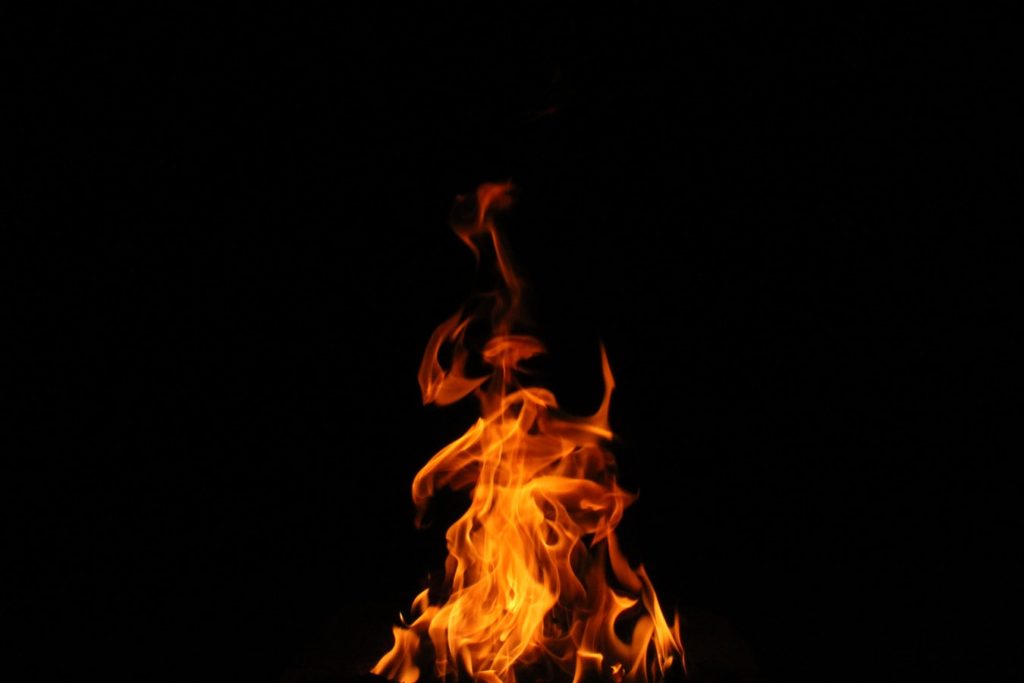Tis the season to be prepared for house fire risks. As we briefly mentioned in our autumn insurance reviews blog, there are over 1,000 house fires each year (mostly in winter), so it really pays to spend the time to review your risk management and insurance.
We find house fires amongst the most heart wrenching of claims – even the thought of a family being displaced, losing their belongings and memories or worse leaves us with our heart in our throats. Please prepare for the event of a fire! Keep fire blankets and fire extinguishers on hand, test those smoke alarms and don’t just talk about it but actually practice your fire escape plan.
Metropolitan Fire Services noted that over HALF of all house fires are preventable. Below are some of the most common risks that can cause a house fire. Please read through them, check your home and take action accordingly.
PS. A brick home does burn!
1. Kitchen and cooking equipment
Leaving your cooking unattended on the stove? Your pots and pans can overheat and cause a fire very easily if you get distracted. The easiest fix? Make sure you stay in the room and keep an eye on your cooking, or if you need to do something else, make sure you get someone else to be the designated ‘watcher’.
2. Anything electric
Overloaded powerpoints are a major risk – we all love a good double adapter or a power board to get the most out of our modern conveniences, but these items can cause a fire if you’re overusing electricity. Your electronic applicances, like your toaster, kettle or laptop, can also start a fire if they have faulty or frayed cords (same with extension cords). Double check your appliances and power points!
3. Heating (especially portable heaters and chimneys/flues)
Those great little heaters that warm up the coldest corner of your house? They’re also one of the biggest house fire culprits. Keep them a metre or more away from anything flammable (think curtains, clothes, furniture). A good check is to see if the items around the heater feel quite warm to the touch. If they are, they may be too close, including yourself! Furnaces and chimneys, too, are a risk, so don’t skip that annual inspection – make sure they’re working safely.
4. Smoking
Indoor smoking, especially bedrooms or the couch (anywhere you’re likely to fall asleep!) should be kept off limits for smoking. Even with the ‘reduced cigarette ignition propensity’ features of most cigarettes there’s still a strong risk that the butt can cause a fire well after you think you’ve put it out. Fires started in the bedroom or lounge make up 73% of all house fire fatalities so this is an important one to be extra cautious around.
5. Candles
So many of us love the look and smell (the ambience!) of candles. But if left unattended they are very risky! Keep them away from anything flammable like tissues or paper, and blow them out when you leave the room (and especially when you leave the house!) Candles look and smell pretty, but if left unattended they can cause a room to easily burst into flames. Keep candles away from any obviously flammable items such as books and tissue boxes. Always blow a candle out before leaving a room.
6. Kids
While not typically flammable in and of themselves 🙂 children’s curiousity can cause a fire if there are matches or a lighter within reach. Make sure fire starters and highly flammable items are stored safely out of reach. Check your smoke alarm regularly (and consider installing on in your kids’ bedrooms) and make sure they know your home escape plan by heart and have practiced it. Many of our fire brigade’s websites have great content to help your kids learn about fire safety.
7. Bad wiring
Faulty wiring in your home could cause a fire – here are a few signs to watch out for:
- Lights dim when you use an appliance
- For one appliance to work, you have to disconnect another
- Your fuses blow or trip the circuit regularly.
If you’re experiencing the above, get a licensed electrician to come out and inspect your house, or contact your landlord to arrange this.
Check your home insurance
The tips above should help you reduce your risk. And make sure that, should the worst happen, you have an adequate home insurance solution in place. If you have any questions or would like a quote, just contact us! And remember, having the right insurance is no accident.
Fine print: The information above is for awareness only, and does not constitute advice or recommendations for your specific situations. You should speak to your insurance broker before making decisions about your home insurance.

